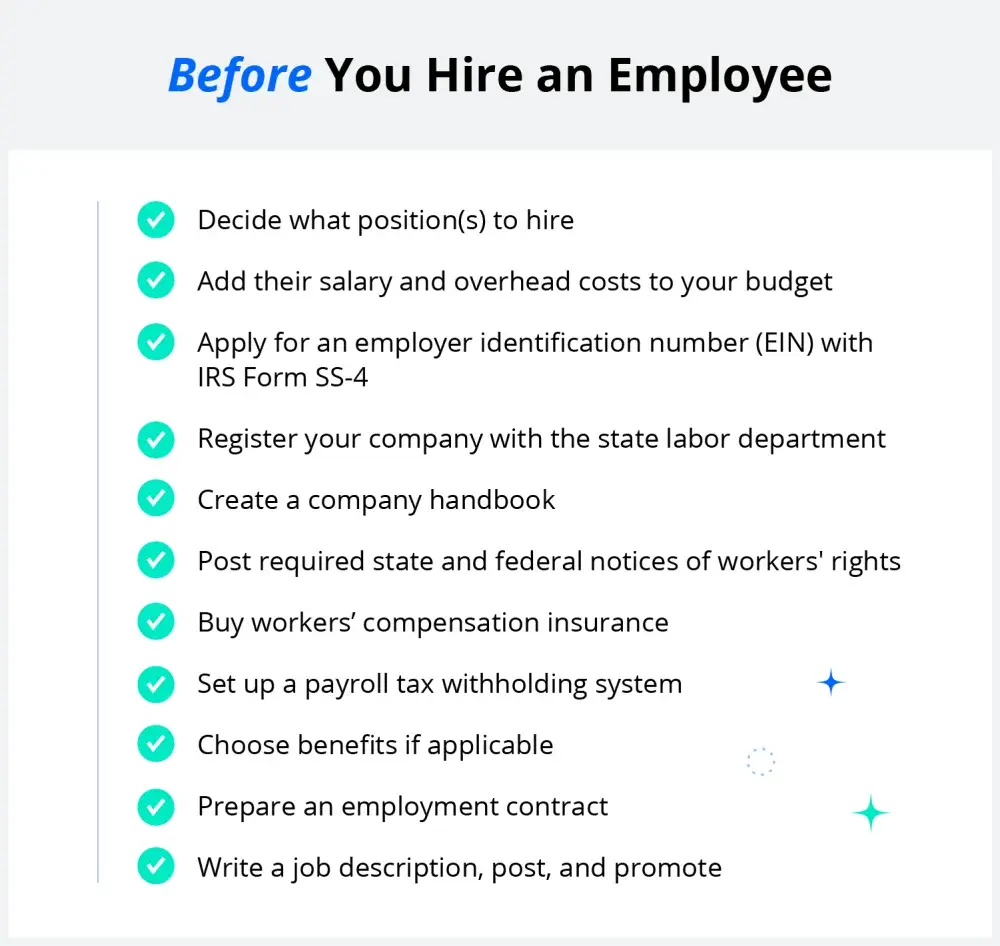As an employer, you have a number of responsibilities under the Affordable Care Act (ACA). These responsibilities include providing health insurance coverage to your employees, reporting on the health insurance coverage you offer, and paying penalties if you do not comply with the law.
In this section, we will discuss the key things that you need to know about the ACA as an employer. We will cover topics such as:
- The definition of a full-time employee
- The different types of health insurance coverage that you can offer your employees
- The reporting requirements that you must comply with
- The penalties that you may face if you do not comply with the law
By understanding your responsibilities under the ACA, you can ensure that you are providing your employees with the health insurance coverage they need and that you are complying with the law.
Benefits of Hiring a Full-Time Employee
There are many benefits to hiring a full-time employee, including:
- Increased Productivity: Full-time employees are more likely to be productive than part-time employees because they have a greater commitment to their work and are more likely to be engaged in their jobs.
- Improved Customer Service: Full-time employees have more experience and knowledge, making them more likely to resolve customer issues quickly and efficiently.
- Reduced Turnover: Full-time employees are less likely to leave their jobs than part-time employees, which can help reduce turnover costs.
- Greater Innovation: Full-time employees have more time to think about new ideas and develop them into new products and services.
- Enhanced Brand Reputation: Full-time employees are more likely to be positive about their work and their employer, contributing to a more favorable perception of the business.
How to Hire the Right Full-Time Employee
Hiring a full-time employee is a big decision, and it's important to make sure you're hiring the right person for the job. Here are a few tips for hiring the right full-time employee:
- Define the Job Requirements: Identify the essential skills and qualifications that the successful candidate must have.
- Write a Job Posting: Ensure the job posting accurately reflects the job requirements.
- Use a Variety of Recruiting Methods: Attract qualified candidates through multiple channels.
- Screen Candidates Carefully: Identify the best candidates for the job.
- Interview Candidates in Person: Get a better sense of their skills, qualifications, and personality.
- Make an Informed Decision: Choose the candidate that best fits the needs of the company.
By following these tips, you can increase your chances of hiring the right full-time employee for your company.
Cost of Hiring a Full-Time Employee
The cost of hiring a full-time employee can vary depending on a number of factors, including the employee's salary, benefits, and the cost of training. In general, the cost of hiring a full-time employee can be broken down into the following categories:
- Salary and Wages: Typically, the largest cost associated with hiring a full-time employee. The amount offered depends on the position, the level of experience, and the prevailing wage in your area.
- Benefits: Significant costs associated with hiring a full-time employee, including health insurance, paid time off, and retirement plans.
- Training: Depending on the position and the employee's level of experience, training can also be a significant expense.
- Other Costs: This includes the cost of recruiting, onboarding, and potential employee turnover.
Understanding the total cost of hiring a full-time employee allows you to make an informed decision about whether or not it is the right decision for your company.

Source: legalzoom.com
Legal Requirements for Hiring a Full-Time Employee
As an employer, you have a number of legal obligations when it comes to hiring full-time employees. These obligations include:
- Complying with the Fair Labor Standards Act (FLSA)
- Providing employees with a safe and healthy workplace
- Ensuring that employees are paid on time and in full
- Providing employees with benefits such as health insurance and paid time off
- Following all applicable state and local laws
It is important to be aware of these legal requirements to avoid potential problems. If you have any questions about your legal obligations as an employer, you should consult with an attorney.
Conclusion
In this article, we have discussed everything employers must know about hiring full-time employees. We have covered topics such as the benefits and drawbacks of hiring full-time employees, how to hire the right full-time employee, and the cost, legal requirements, and tax implications of hiring a full-time employee. We hope that this information has been helpful to you and that you are now better equipped to make informed decisions about hiring full-time employees.
Tips for Employers: Recruiting Guides

.jpg)


